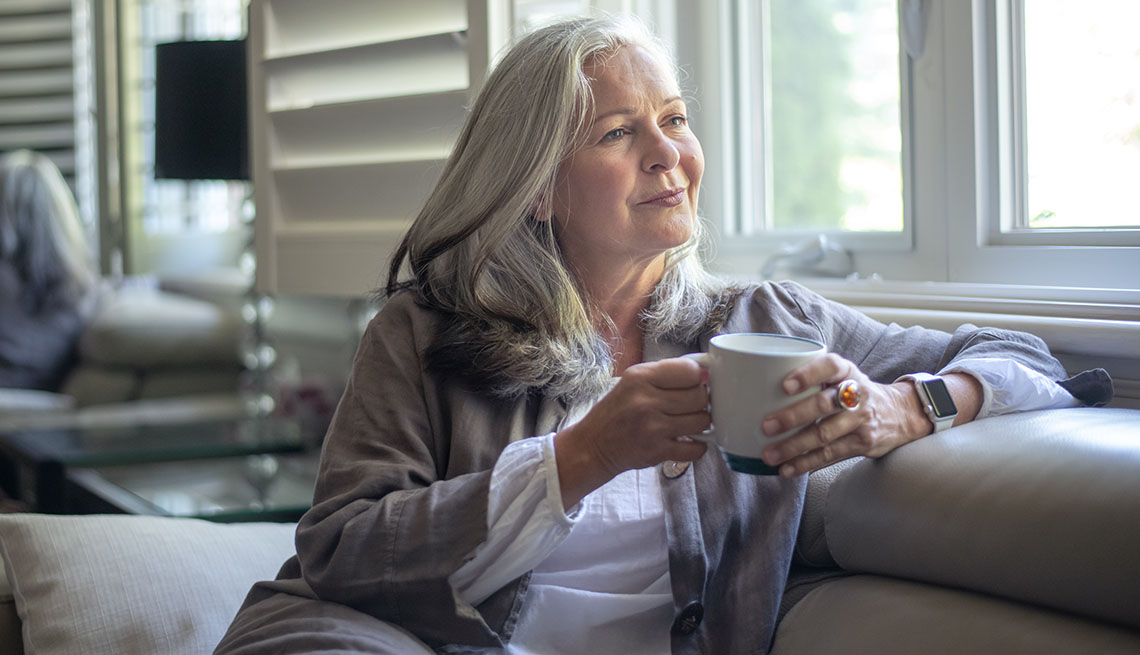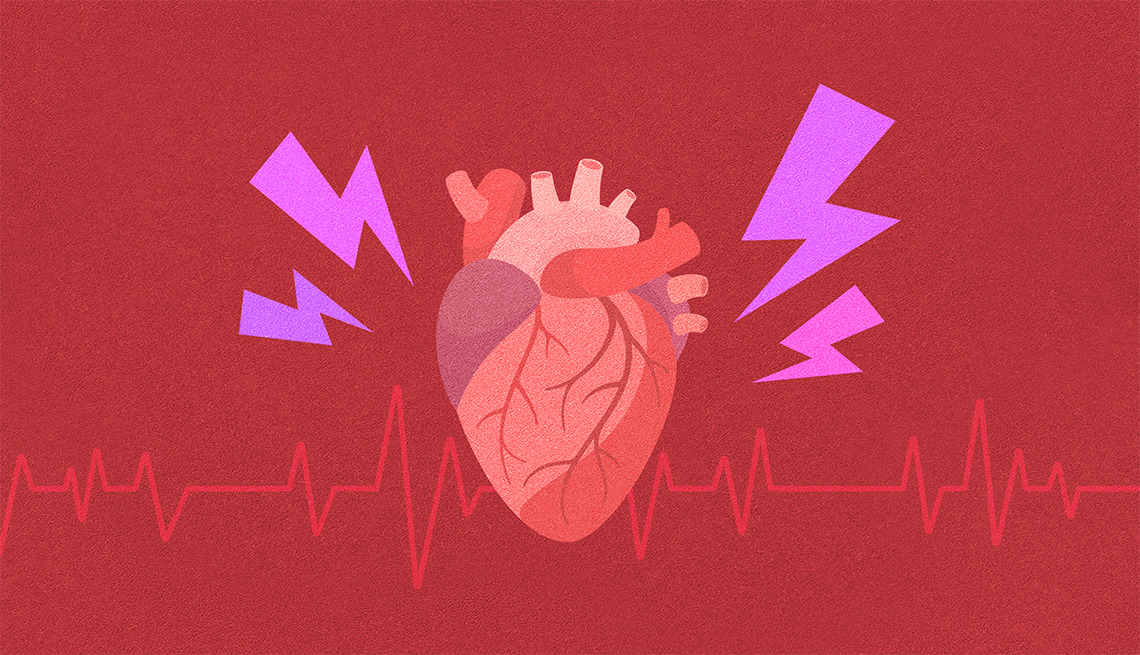AARP Hearing Center
“It’s a mass on my spine,” sobbed my husband. With those words, my journey to widowhood began.
Tony assumed his back pain was another bout of sciatica. His physician ordered a quick MRI. But it started an eight-month passage from diagnosis to death. The cancer had already spread, too late for a cure.
Women shouldn’t be surprised to learn they will outlive their husbands. Women live longer than men and tend to marry older men. Among married Americans, 58 percent of women age 75 and older experience widowhood, compared to 28 percent of men. An astonishing one-third of women become widows before they’re 60, and half before they are 65. I was 56.
Straight talk
I asked women who are — or will be — widows to discuss their experiences: what they learned, what they’d like to share.
Mary Ellen Roberts lives with her husband of 45 years, Jim. Thirteen years ago, Jim thought he had the flu. A chest X-ray showed an incurable disease called idiopathic pulmonary fibrosis. His lungs are damaged and stiff; he requires maximum oxygen. Roberts is his primary caregiver, constantly adapting to his needs: “Whatever I have to do, I will.”
“Get your financial records straight” is her first piece of advice. “You really want to avoid probate. Make a file with important papers and contact information, then tell someone where it is. When the day comes, you may not be able to think.” She also recommends asking children what possessions they want and recording their choices or giving them the items straightaway. Insofar as everyday matters, Roberts says, “Don’t feel guilty about things like ordering in or using services.”
Judy Geigner was married 43 years. She cared for her husband for six months following his lung cancer diagnosis. His rapid decline left little time to plan. Although some things were in place — wills, directives, prepaid funeral service and burial plots — Geigner was soon overwhelmed by what had not been previously arranged.







































































